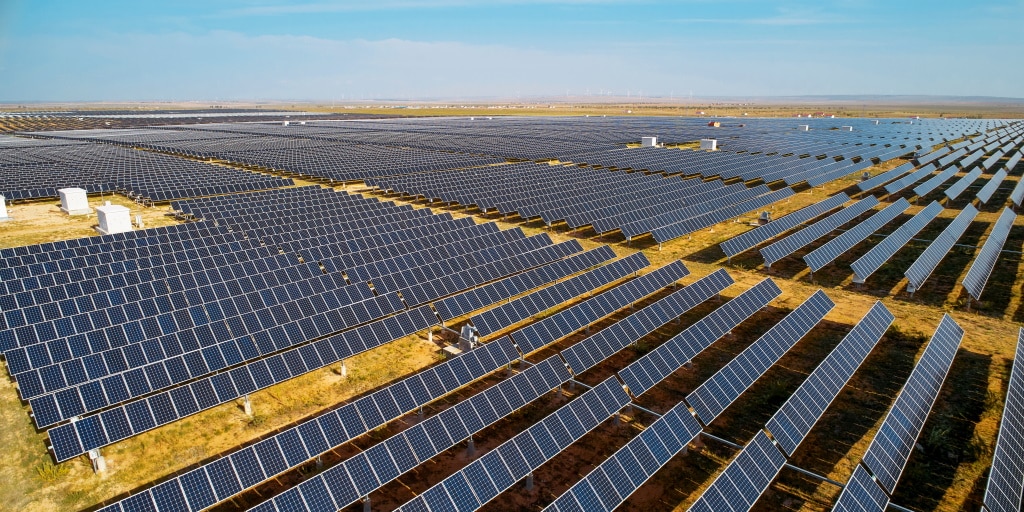Voltalia is investing in the South African renewable energy market. The French company has just signed a power purchase agreement (PPA) with Richards Bay Minerals (RBM), a company specialising in the extraction of mineral sands, owned by the Anglo-Australian mining giant Rio Tinto. Voltalia has agreed to sell 300 GWh of solar energy annually to RBM to power its facilities in KwaZulu-Natal.
The electricity will be generated by a solar photovoltaic power plant that Voltalia plans to build at its Bolobedu site in the Limpopo province of northeast South Africa. The plant will have a capacity of 148 MWp. It will be one of the largest solar power plants in South Africa. Voltalia estimates that the plant will have the capacity to supply the annual electricity consumption of more than 425,000 people.
Impact on Rio Tinto’s business
The Bolobedu solar photovoltaic plant is expected to be operational in 2024. “This agreement is an important step towards reducing RBM’s carbon dioxide (CO2) emissions and is part of Rio Tinto’s decarbonisation strategy. As this solar power project progresses, we will continue to explore other renewable solutions that will further reduce our emissions in South Africa and make Richards Bay Minerals a contributor to our net zero commitment,” said Sinead Kaufman, chief executive officer of Rio Tinto Minerals.
Read also- MADAGASCAR: CBE to supply solar and wind power to a Rio Tinto mine
The future facility is expected to reduce RBM’s greenhouse gas emissions by 10%, or 237 000 tonnes per year, “which is equivalent to taking more than 50 000 cars off the road,” says Voltalia. According to the company headed by Sébastien Clerc, the Bolobedu photovoltaic solar power plant will create 700 jobs during the construction phase and 50 during the 20 years of operation.
With Bolobedu, Voltalia is entering the very dynamic renewable energy market in South Africa. This dynamism is driven in particular by the Renewable Energy Independent Power Producer Procurement Programme (REIPPPP), as well as by the South African authorities’ desire to support the energy transition in the production sector. Moreover, companies no longer need to request authorisation from the competent authorities to build clean energy plants of less than 100 MW.
Jean Marie Takouleu
